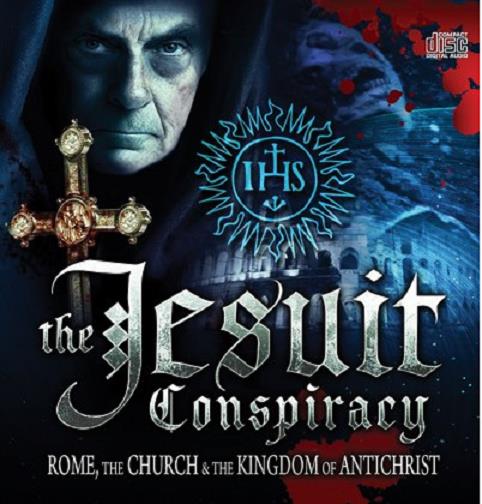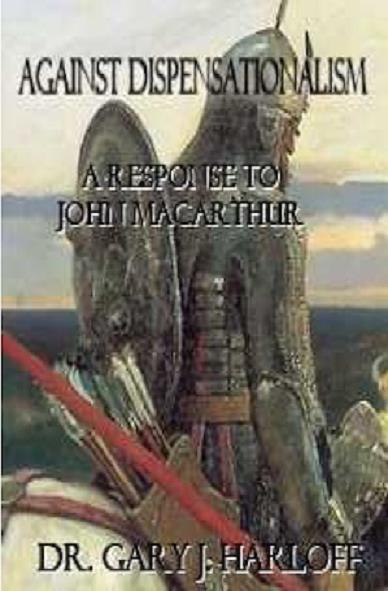
The Jesuit Conspiracy
Adullam Films & Noise of Thunder Radio
Presented by Christian J. Pinto
Audio CD (MP3)
The Ultimate Conspiracy – Dave Hunt and the Jesuit Attempt to Hijack the Christian Faith
By Michael Bunker
“But God, who is rich in mercy, for his great love wherewith he loved us, Even when we were dead in sins, hath quickened us together with Christ, (by grace ye are saved;) And hath raised us up together, and made us sit together in heavenly places in Christ Jesus: That in the ages to come he might shew the exceeding riches of his grace in his kindness toward us through Christ Jesus.” — Ephesians 2:4-7
June 22, 2002 — Too often we are not willing to ask the questions that cut to the root of the issues of the day. Our attentions are seized by shiny rocks and relics, by petty debates and well concocted mysteries — so that, in the end, the greatest of all deceptions slides under the door unnoticed.
In the grand debate over whether homosexual, pedophilic priests should be demoted or defrocked, we are loathe to ask the deeper question: Do Catholics go to heaven? Or deeper still, Are YOU Catholic?
While Protestants silently chortle over the convulsions within the world’s largest cult, few are willing to recognize that Catholic doctrine has so overwhelmed the “protestant” religion, that there is not a dimes worth of difference between the two. Why should we be shocked that the priests of the papacy are fondling boys behind closed doors, when they have boldly molested Protestant Church doctrine for the last several hundred years?
Excuse me Bishop Pedofili, can we see BOTH of your hands?
Behold, the Ultimate Conspiracy. While “remnant” Christians and patriots pour through the voluminous documentations of a wicked “New World Order”, a far more heinous conspiracy marches forward unnoticed. In the confusion caused by the frantic attempt to expose the growing menace of fascistic globalism, the opponents of that antichrist system have willingly embraced the very theology of Antichrist.
We must start with some history, and there we will find the fingerprints of the last days Great Deception. Gather around and we will unveil the web of mystery and deceit that has ensnared the churches of the world.
JESUITS Continue reading →















